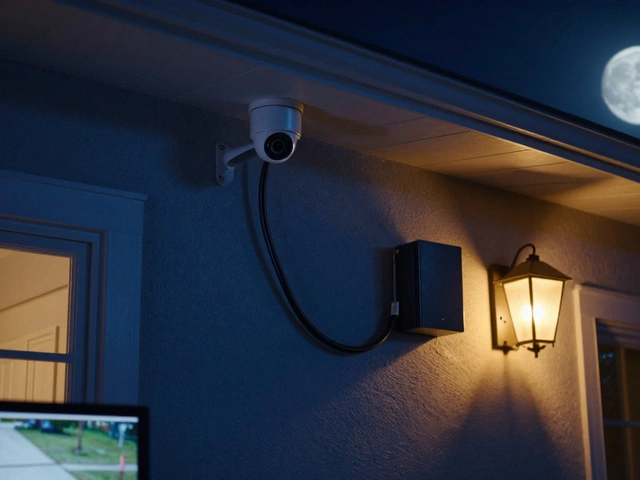Veterinary Advice: Practical Tips for Keeping Your Pet Healthy
Got a furry friend at home? You probably already know they bring a lot of joy, but they also need solid care to stay happy and safe. Below are no‑nonsense tips from vets that you can start using today, no fancy gear required.
Everyday Care Basics
First off, food matters. Stick to a high‑quality, age‑appropriate diet and avoid sudden changes. If your dog suddenly craves human snacks, it’s usually a sign the diet isn’t balanced enough. For cats, keep the water bowl clean and refill it daily – many felines skip the bowl if it smells stale.
Exercise isn’t just for humans. A short walk or a play session twice a day helps dogs burn energy and keeps weight in check. Cats love short bursts of activity; a laser pointer or a feather wand a few minutes a day prevents boredom and reduces the risk of obesity.
Brush teeth regularly. A pet‑friendly toothbrush or a finger brush works wonders, and it only takes a couple of minutes. Early dental care stops gum disease before it becomes a costly vet visit.
Keep an eye on grooming. Regular brushing removes loose fur, reduces matting, and lets you spot skin irritations early. For long‑haired breeds, a quick trim around the paws and tail helps avoid dirt buildup.
When to Call the Vet
Know the red flags. Persistent vomiting, diarrhea lasting more than a day, or a sudden lack of appetite mean it’s time for a professional look. If your pet is panting heavily without exertion, it could be a sign of pain or heart trouble.
Watch for changes in behavior. A normally cheerful dog that suddenly hides or a cat that stops using the litter box needs a check‑up. These shifts often point to underlying medical issues.
Any lumps, bumps, or wounds that don’t heal within a week deserve a vet’s attention. Early detection of skin tumors makes treatment far easier.
Vaccination schedules and parasite preventatives are not optional. Keep a calendar and set reminders – missing a rabies shot or flea treatment can lead to serious health problems.
Finally, trust your gut. If something just feels off, even if you can’t name the symptom, give the clinic a call. Vets appreciate proactive owners and can often catch problems before they spiral.
Keeping your pet healthy isn’t rocket science, but it does need consistency. Use these vet‑approved tips as a daily checklist, and you’ll likely see fewer emergency visits and more tail‑wags.






